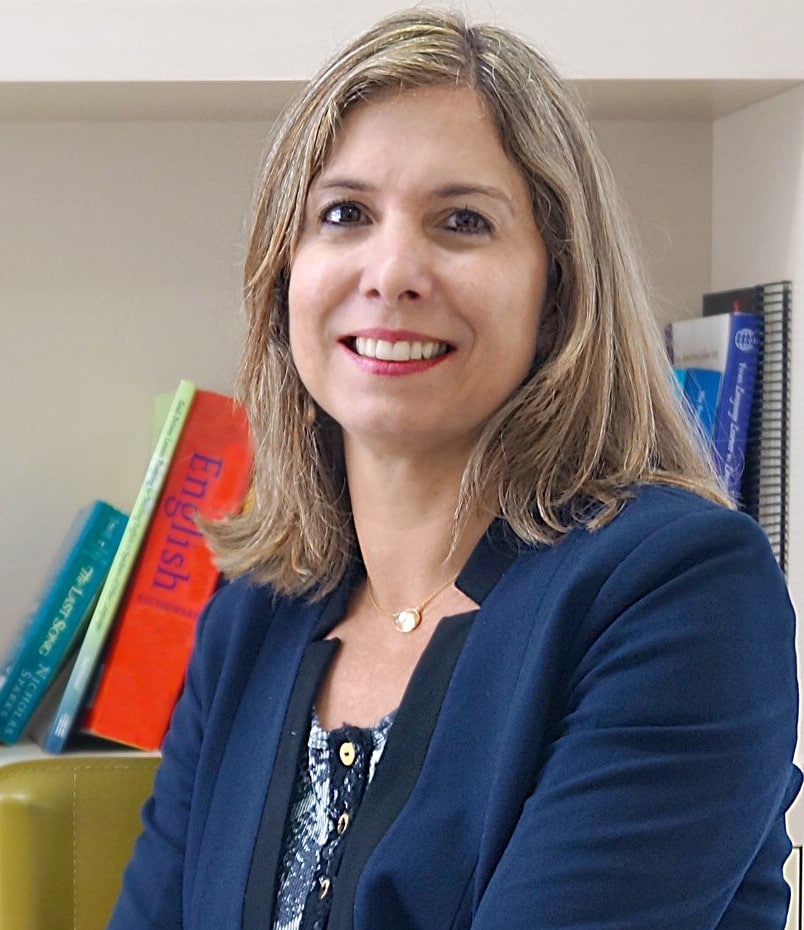Developing professionalism – part 1
We have all been there: first day at work, first day in a new job, first day with new coursebook, new group, many ‘new’ situations throughout our careers. There will always be a first in our path and from my experience, the most successful moments have been those when I had the support from peers or leaders that believed I could go through the initial phase and fly higher and that offered help. Inspired by those fantastic professionals that crossed my path, I decided to write this first post on professionalism to encourage everyone to offer support to colleagues in order to create more positive and productive work environments in English language teaching. Teaching may be felt as a lonely activity sometimes and it might affect the way support generally works in our profession. Therefore, it is our responsibility to change it if we wish it to be more collaborative.
Darling-Hammond, Wei and Andree (2010) studied high-achieving educational contexts and found that, among other activities, team support – either as part of a formal mentoring programme for beginners or shared planning – was key in strengthening the teaching staff from the beginning. Their research may point to a direction where learning from more experienced helpful peers takes beginners who are willing to develop further than they would achieve on their own. Teaching per se implies we have a passion to see others grow. So, why not focus some of our efforts in helping colleagues who want to grow? It may come in the form of planning activities together, sharing old lesson plans, giving tips on how to organise the board, taking a course together. The list is endless for the passionate professionals.
In general, one of the best examples a teacher can give to a colleague who is starting in the career is that they are learning and seeking for improvement themselves. That does not require external pressure to move us towards developing: looking for a better way of dealing with a lesson we have taught many times, observing lessons to learn how our peers do things or teaching a colleague something you know may not be part of a job description, but will impact the quality of our own work. Teaching another teacher to approach a lesson or a certain group in the way we have been doing is not only a chance to offer help to a colleague, but also to ask them for support – a fresh look at our practices that can make the difference and put our teaching in perspective. That means support can work both ways: allowing both teachers involved to be learner and teacher in the process. Working towards improving other people’s techniques may affect our own.
However, being involved in education, does not mean all teachers seek for learning (Hall and Simeral, 2008), which makes many professionals question the motivation of teachers to develop. The European Commission for Education and Training posed a very intriguing question: ‘how to inspire teachers to be proactive, reflective professionals who take ownership of their own professional development?’ (p. 35) I do not have the answer (may be there isn’t a final position), and I would appreciate discussing and investigating it further. Can we instill this willingness to achieve higher in teachers? According to Whitaker, Whitaker and Lumpa (2009), a shared vision may contribute to a motivating environment and peer support will also affect the group’s performance overall, but it would take teachers’ eagerness to be part of a developing group to move forward.
We need to understand whether we are the professional in a ‘first situation’ who is willing to develop and might need a helping hand or the one enjoying the current moment – perhaps sharpening their practice – who can offer support to colleagues and learn along the process. In any case, the accountability for development and support is within us, agents of change. The awareness that together we can be stronger professionals may inspire us all to work towards common success, even when in different classrooms. What are you planning to do this year for shared benefit in your school, institution or community (private language teachers do not necessarily work on their own)?
References:
Darling-Hammond, L., Wei, R.C. and Andrew, A. (2010) ‘How high-achieving countries develop great teachers’. In Stanford Center for Opportunity Policy in Education – Research Brief (August 2010). Available online at: https://edpolicy.stanford.edu/sites/default/files/publications/how-high-achieving-countries-develop-great-teachers.pdf
European Commission – Education and Training. Supporting teacher competence development for better learning outcomes. (July 2013). Available online at: https://ec.europa.eu/dgs/education_culture/repository/education/policy/school/doc/teachercomp_en.pdf
Hall, P. & Simeral, A. (2008) Building Teachers’ Capacity for Success. Alexandria: ASCD.
Whitaker, T., Whitaker, B. and Lumpa, D. (2009). Motivating and Inspiring Teachers: the Educational Leaders Guide for Building Staff Morale. New York: Routledge.




